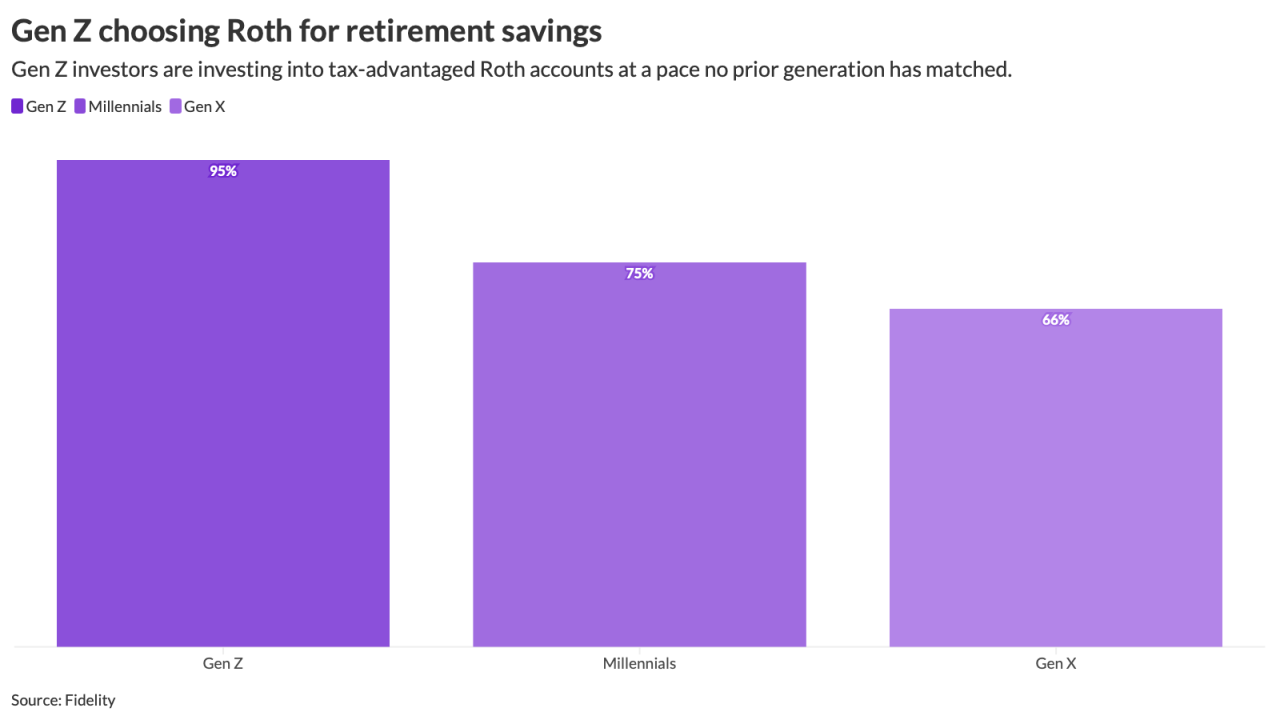As employers start to see employees struggle with paying bills and saving for retirement, financial wellbeing programs have sprouted up across American businesses. Rob Austin, director of retirement research at Aon Hewitt, has spent nearly two decades working with employers to improve the retirement outcomes of their workers. An enrolled actuary by trade, Austin says he has “a passion for analyzing data.” As a member of the ERISA Industry Committee, he works with large employers to advocate for and shape legislation and regulations on key employee benefits issues. He spoke with Employee Benefit News about his recent work that focuses on financial well-being and behavioral finance.

Why has financial wellness become such a hot topic for employers?
Rob Austin: Back during the financial crisis, companies were just trying to keep their lights on. Although things are much better today, employers still want to get the most bang for their benefits buck. They’re saying, “Let’s try to find out ways that we can really help employees out.” And here’s where I think where financial wellness comes in. Things like helping them to improve their budgeting, establish a little emergency savings, and make better use of their 401(k) plan, including cutting back on
But what is it about financial wellness in particular? There are other “bang-for-your-buck” benefits employers can offer.
Austin: What we saw from our latest “Hot Topics” survey is that most employers are doing this because they think it’s the right thing to do. The second most common answer is that they are doing it to help increase employee engagement. The theory behind this is people who are less stressed financially are going to be able to be more dedicated in their work, and they are going to become better workers. If you have someone who is constantly worried about their finances, and how are they going to get to work, how are they going to put meals on the table, then those people probably are not the employees most committed to the organization.
How can employers determine the extent to which their employees need this kind of support, at least from the employees’ own point of view? Is it measurable?
Austin: Absolutely. We can set up a system in which when a plan participant goes out to try to check their 401(k) balance, they take a quick survey that asks them a couple of financial questions. The results can give the employer a high-level look at whether people are really struggling with the basics, like budgeting, or maybe looking for something more, like estate planning.
Do you see a lot of variations in the responses?
Austin: Yes. It varies by industry, and also how well people are paid. We happen to have a few very large retail organizations as clients, and there you find people are a little bit lower on the financial wellbeing scale. You’ve got people who are just trying to make sure they’re getting foundational parts of their financial wellness house in order. We also have large financial institutions where people tend to have a little bit more financial acumen, and for that workforce we see them focusing more on some of the higher order financial spots.
If employers learn from this process that some employees are struggling financially not because they’re financially illiterate, but simply because they aren’t paid very much, do they consider changes in their compensation philosophy?
Austin: Yes, that can happen. But the general idea is, we can teach somebody to fish or we can give them fish, and it’s probably better to have somebody learn how to deal with their money better than just to give them more money. Because once you give more money that becomes a spiral that you can just kind of never win. There are plenty of people who are very highly paid who are struggling financially, and it’s not because they don’t have enough compensation, but maybe they are not spending it appropriately. So, yes, you could just throw more money at the problem, but I don’t think long term that is the most ideal solution for employers.




